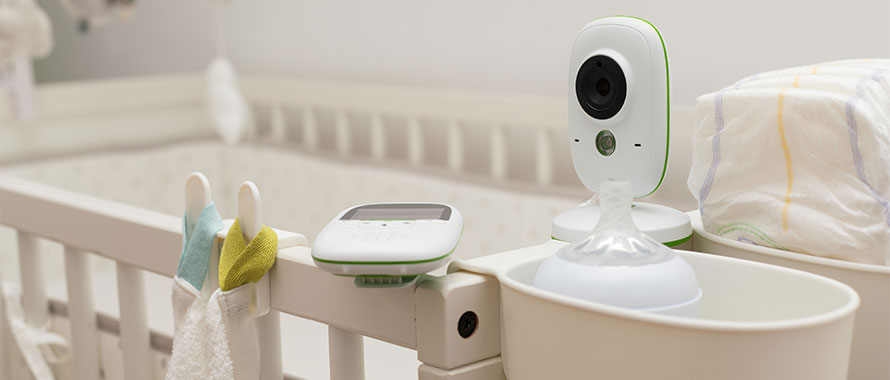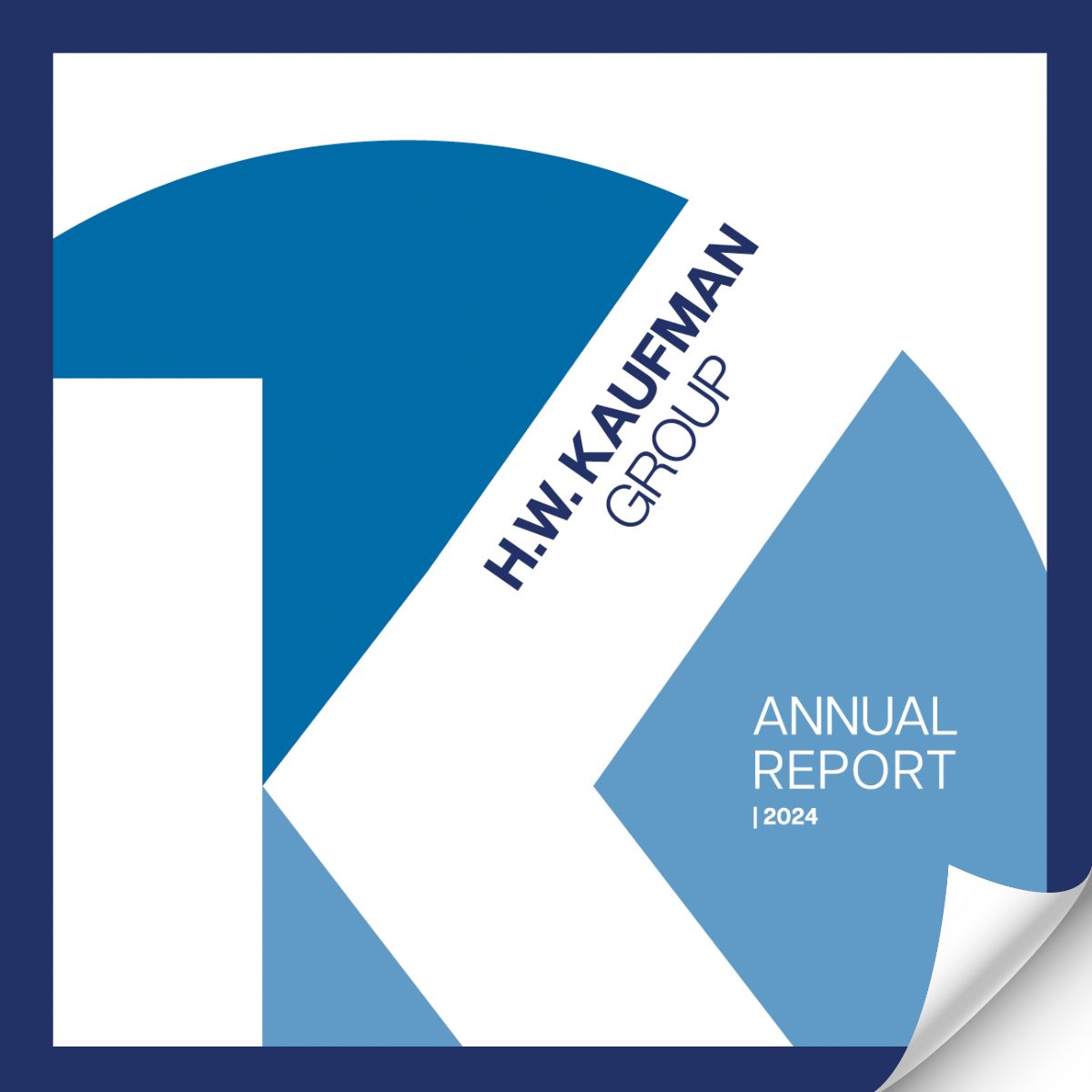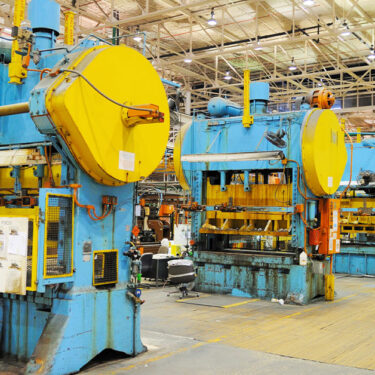Philips Avent recently recalled nearly 13,000 baby monitors after receiving reports of the devices overheating, causing seven minor injuries.
Featured Solutions
“A lot of times, lithium-ion batteries are the main cause of these kinds of issues — in everything from e-cigarettes to toys and games,” said Aaron Leggero, Underwriter, Commercial Insurance, Burns & Wilcox, Chicago, Illinois. “They can overheat, and the resulting explosion may be small, but it is enough to start a fire. That could be one room or the whole house, and it could be catastrophic.”

[Lithium-ion batteries] can overheat, and the explosion that can result may be small but it is enough to start a fire. That could be one room or the whole house, and it could be catastrophic.
Another recall related to burn risks was announced on Aug. 16, when Gree Electric Appliances, Inc., recalled 43 models of dehumidifiers, impacting 1.56 million units. The recall was prompted by reports of at least 23 fires, 688 overheating incidents and $168,000 in property damage caused by the dehumidifiers, the CPSC announced. In both cases, the companies involved would need to pay for the cost of recalling their products and any claims over consumer injuries or property damage. These expenses could be covered under a company’s Product Recall Insurance and Products Liability Insurance.
“While the recall itself is obviously damaging to the balance sheets of these companies, the product liability is potentially the larger loss scenario for these types of products,” said Steve Bartell, Senior Broker, Casualty, Burns & Wilcox Brokerage, Chicago, Illinois. “If someone gets burned and is out of work or they lose a limb, or you burn down a house and there was a child sleeping there at night, that can result in millions of dollars being paid out.”
Lithium-ion batteries linked to many recalls
A variety of products that use lithium-ion batteries have been recalled in recent years due to overheating concerns. Recent product recalls involving the batteries include a March 30 recall of about 53,000 hoverboards with lithium-ion battery packs that could overheat, and an April 13 recall of about 10,000 Flo Smart Water Monitor lithium-ion battery back-ups for similar overheating concerns. On March 2, about 7,250 RELiON InSight Series lithium-ion batteries were recalled due to thermal burn and fire hazards, according to the CPSC.
CNN reported on an increase in lithium-ion battery fires earlier this year, including a residential fire in California caused by an e-scooter lithium battery and a homeowner in Canada who found his e-bike battery in flames. Experts have expressed growing concerns over the risk, as the batteries appear in more and more consumer products. The batteries use flammable materials and can catch fire or explode if the chain reaction “thermal runaway” occurs, CNN reported.
“They unfortunately have been known to cause some overheating issues, which can result in burns or fires,” Bartell said, adding that the recent baby monitor recall “hits home” for a lot of families because they may have the monitor themselves or considered purchasing it.
Fires from these rechargeable batteries burn “hotter and longer,” posing additional concerns for fire officials, CBS News reported on Aug. 15. E-cigarettes and other products that may be kept in pockets or held close to the body pose even greater concerns for possible injuries, Bartell added. “That is more likely to cause an immediate burn or some physical injury,” he said.

Some [insurance] carriers are staying away from anything with a lithium-ion battery in it.
The concerns surrounding lithium-ion batteries could make it more costly for companies that produce items containing the batteries to purchase Products Liability Insurance, which can pay for third-party bodily injury and property damage expenses for faulty products, or Product Recall Insurance, which can pay for customer notification, product replacement, brand rehabilitation and more after a recall. According to Leggero, incidents involving the batteries “have been the main cause for a lot of insurance carriers” to limit coverage for the products. “Some carriers are staying away from anything with a lithium-ion battery in it,” he said.
While the market for Products Liability Insurance remains “pretty stable,” Bartell said, higher premiums or deductibles could be possible for companies selling products with lithium-ion batteries, depending on the type of products the company makes. “With lithium-ion batteries as a whole, there are not a ton of markets to look at because of the possible issues with them,” he said. “Carriers are looking to minimize their potential multi-million-dollar-type claims.”
In some cases, a company could even have trouble securing insurance if they store lithium-ion batteries on site. “We have had situations where it is not even the product manufacturing but the warehousing; the warehouse might not be able to get insurance because of what they are storing,” Leggero said.
Number of incidents, injuries impact costs
With any product recall, the potential cost would depend on the number of individuals affected and the severity of any injuries or property damage. When lawsuits are filed over a faulty product, the company’s Products Liability Insurance could pay for legal defense, medical costs, settlements and more. Earlier this month, the owner of hair care brand Batiste agreed to a $2.5 million settlement in a class-action lawsuit filed over potentially harmful levels of benzene in its dry shampoo, USA Today reported. Also, this month, Toyota agreed to a $78.5 million settlement over faulty airbag control units in some of their vehicles affected by a recall, according to Top Class Actions.
Standard Products Liability policy limits of $1 million may not be enough for many companies, Leggero noted. “The worst-case scenario would be multiple claimants with pretty severe injuries,” he said. “Baby products, especially, are very difficult to insure since children and infants are a more vulnerable group as opposed to adults.”

If you do not have the governmental action trigger within your policy form, which is typically more of an add-on or endorsement, then your policy would not be triggered because your product did not fail.
When purchasing Product Recall Insurance or Products Liability Insurance, companies may want to inquire about coverage for governmental interventions. In some cases, a product can be recalled by a government agency even in the absence of reports involving their specific product, Bartell said. “Philips could have an issue with their baby monitor and GE’s product could be fine, but the government could decide to recall all of the baby monitors, regardless of whether their product failed,” he explained. “If you do not have the governmental action trigger within your policy form, which is typically more of an add-on or endorsement, then your policy would not be triggered because your product did not fail.”
A newer type of coverage offered in this space is known as Manufacturers Errors & Omissions (E&O) Insurance, which can address errors by the designer of a product. “It may not be that the product failed but that it was a poor design,” Bartell said. “A lot of Product Recall Insurance policies are now offering that coverage.”
Majority of companies uninsured for recall expenses
While most companies understand the importance of Products Liability Insurance and may even be required to carry it by the retailers they work with, many manufacturers do not purchase Product Recall Insurance, according to Bartell and Leggero.
“Product Recall Insurance is still not a very sought-after or required coverage by contracts or manufacturers,” Leggero said, noting that even major retailers do not require it. “It is something that they wish they had when a recall does happen, but a lot of individuals are just not aware that recall expenses are not covered on their current policies.”
According to Bartell, companies that are hesitant about their need for Product Recall Insurance should know that purchasing lower limits could help them obtain some level of protection. “If they want to dip their toe in with $250,000 limits or $500,000 limits, that is possible. There is no requirement for them to have to buy $1 million or $2 million,” he said. “They may not be able to afford another five-figure cost from insurance.”
Ultimately, Bartell added, “no one thinks that their product is going to fail.”
“They think they will never be hit with a recall,” he said. “That does not mean that their product does not have a fault or a design error or that your product goes into something else that could have an issue. With the U.S. being the most litigious country in the world, they could have somebody sue them for a user error and still have to pay out $20,000 for a claim.”





